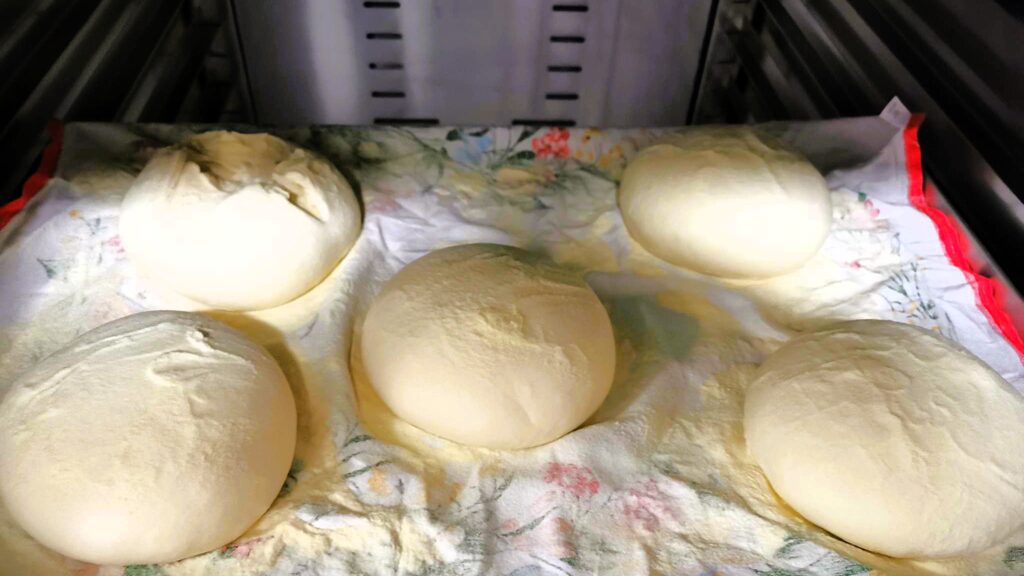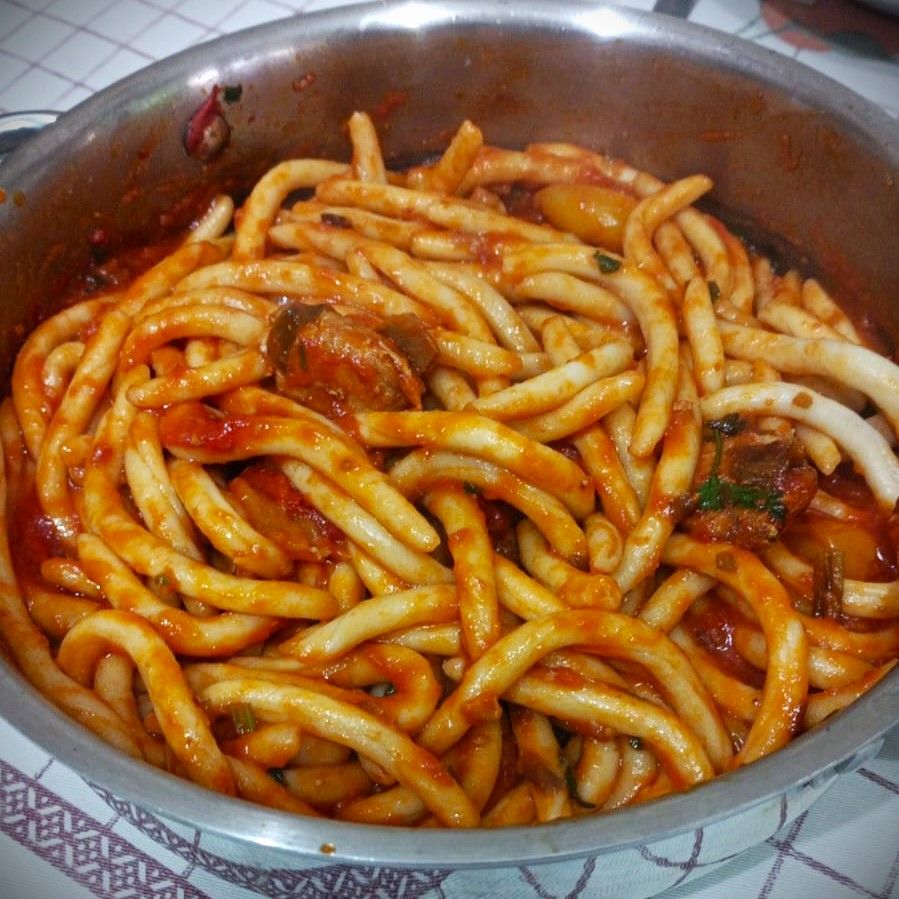Few of the myths that pervade the art of food are as persistent as the one that spaghetti were brought to Italy from China by Marco Polo.
Going backwards, the first time we read about this story was in 1928, in the “Macaroni Journal” (although it may seem the name of a satirical newspaper, it was the bulletin of the US pasta-makers).
In an unsigned article entitled “A Cathai Saga“, the reporter tells how a sailor saw a local farmer working the noodles and wanted to bring them on board.
Marco Polo then decided to boil them with sea water, and, after finding out how delicious they were, he wanted to name them after the sailor who discovered them: Spaghetti.
Yes, Spaghetti was the sailor’s name, according to this imaginative reporter.
Now, it doesn’t take a lot of debunking to understand that this is BS, being spaghetti Italian for “thin strings”.
Besides that, there isn’t any source of historical documentation mentioned (if not an overly generic “legend has it…“).
Nor is there a trace of this “legend” in thousands of texts that, from the Middle Ages onwards, speak about spaghetti (called “vermicelli”, little worms, until the nineteenth century).
Yet the story of Marco Polo is still there…
Frustrating, isn’t it?

 Italiano
Italiano













